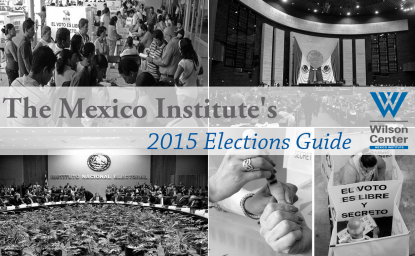Before concluding its ordinary sessions, the Senate approved the so called historic reform for the capital city to be officially called Mexico City (it is currently the Federal District) and to be given a brand new Constitution as an independent state of the Mexican Republic.
A long time project of the left to ensure control over their political bastion, and one of the Pacto por Mexico´s pending issues, the text now turned to the House of Representatives for discussion and approval has risen more concern than support. Conceptual consistency would be one for starters. The terms of “state”, “federal entity” and “Mexico City” are intermittently used, adding to confusion on the pretended legal status and capacities of the capital city.
But most importantly, specialists have drawn attention to the procedure foreseen for the creation of the new Constitution, through a legislative assembly to be crafted for the task.
A 100 notable´s group, where 60 members would be publicly elected, and the rest designated by the Senate (14), the lower House (14), the President (6) and the city´s Mayor (6).
The problem is the legitimacy of such assembly and the quality of the product given the predictable battles to gain political control over it. As distinguished Italian scholar Giovanni Sartori pointed out in an interview with Mexican academic Jorge Islas(*), writing a new Constitution is no easy task and it is likely to become a complete disaster since constitutional assemblies are not appropriately suited for the job.
In Sartori´s opinion, this is a mistake made in recent times, whereas old Constitutions were drafted by specialists and then submitted to parliamentary approval or referendum.
The question remains as it is uncertain that the pressing issues and conflicts Mexico City faces (namely insecurity, informal economy, corruption, etc.) will be better addressed with a change of name and a new Constitution. That is, if the potential benefits for the capital´s citizens outweigh the costly implementation of this political reform.
For the moment, Congress is in recess and, if no extraordinary sessions are summoned, will resume activities on September 1st after the midterm elections that will renew the House of Representatives. The new composition of the lower Chamber will give a hint on whether or not this reform will ever see the light.
(*) “Considerations over democracy in Mexico”. Complete interview (in Spanish) can be viewed in https://www.youtube.com/watch?v=6UtrlQx4RTw
Veronica Ortiz is a lawyer and political analyst. She is also a journalist for the newspaper El Economista and TV presenter for Canal del Congreso and AprendeTV in Mexico.






